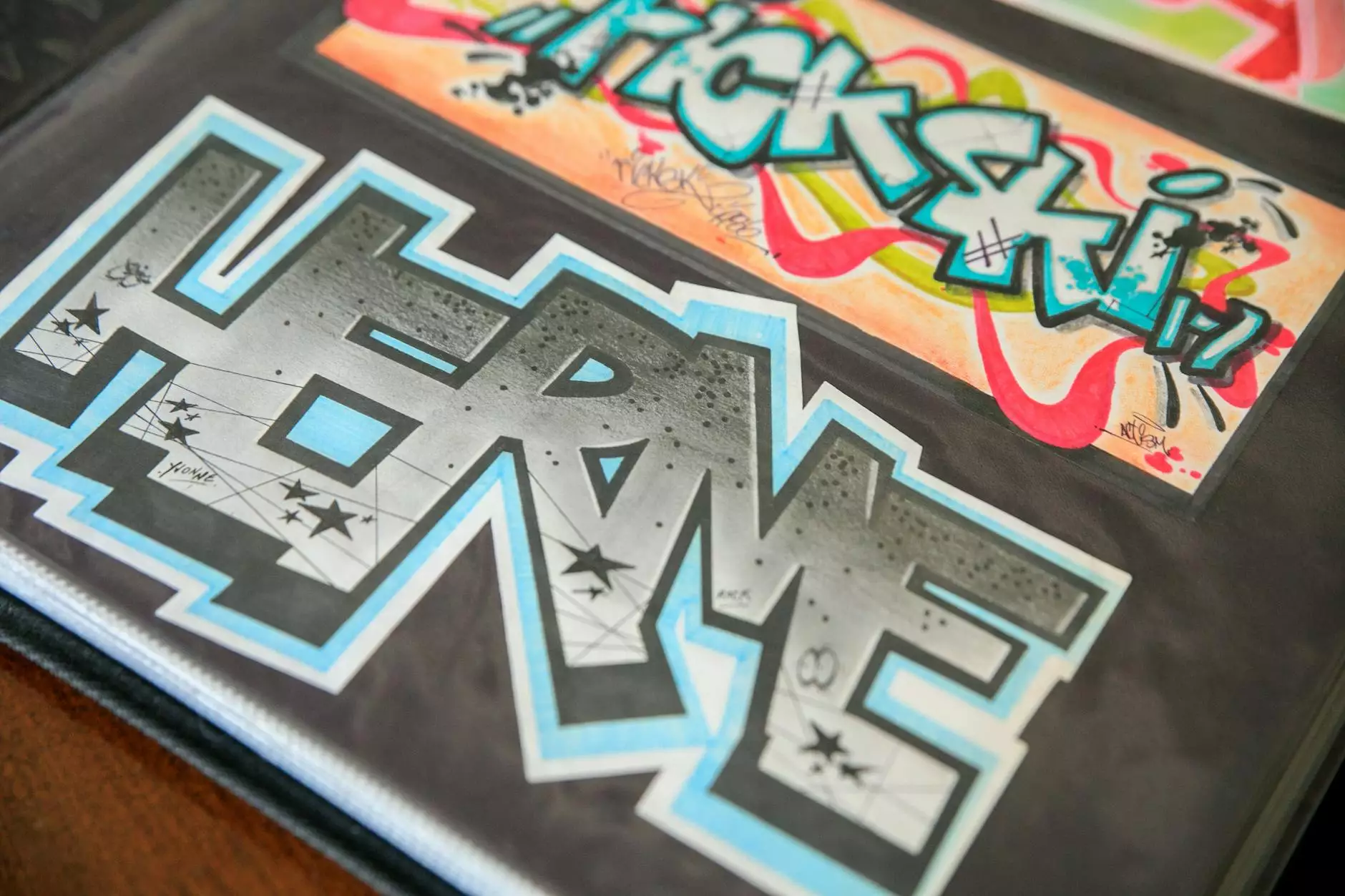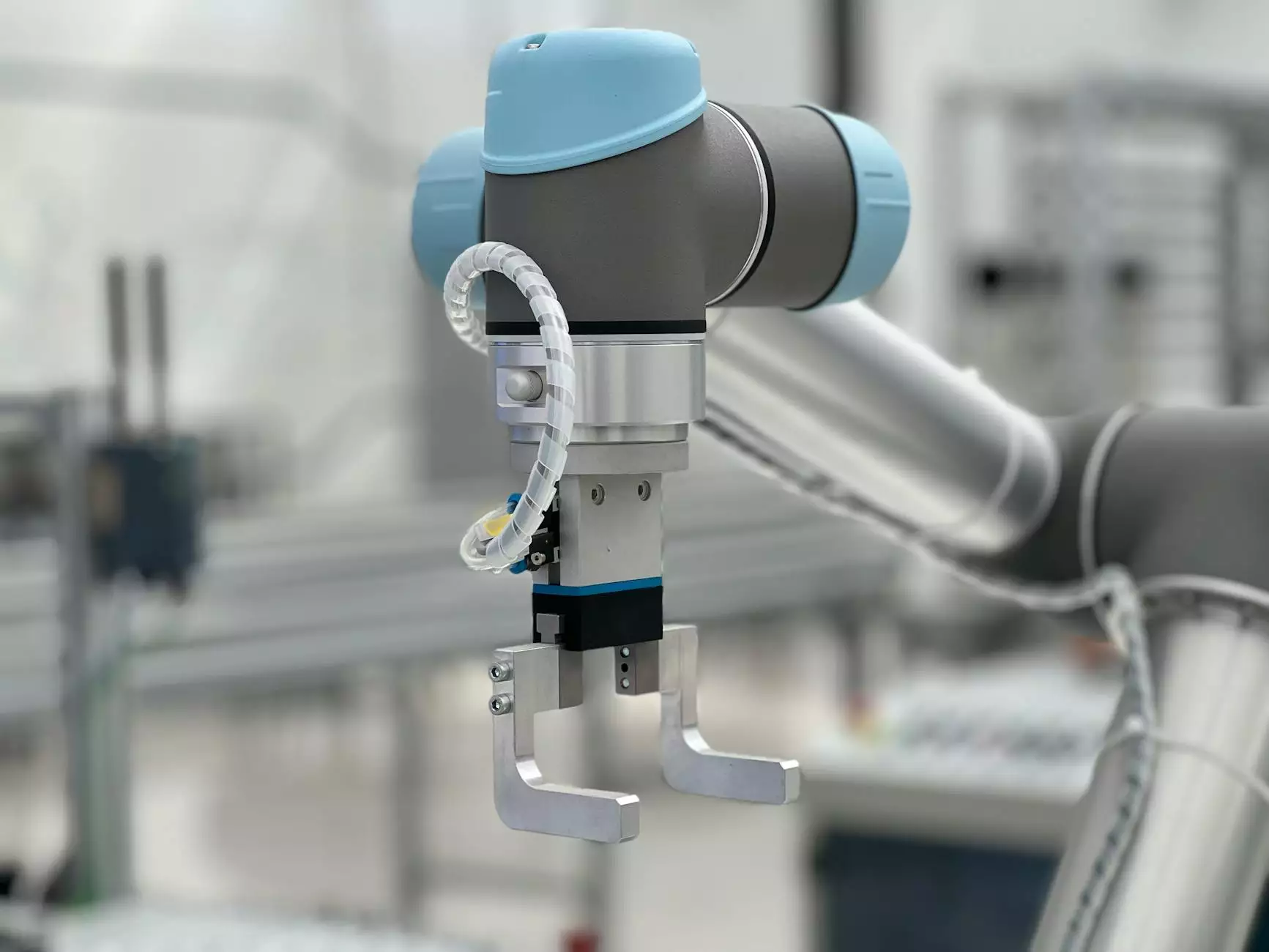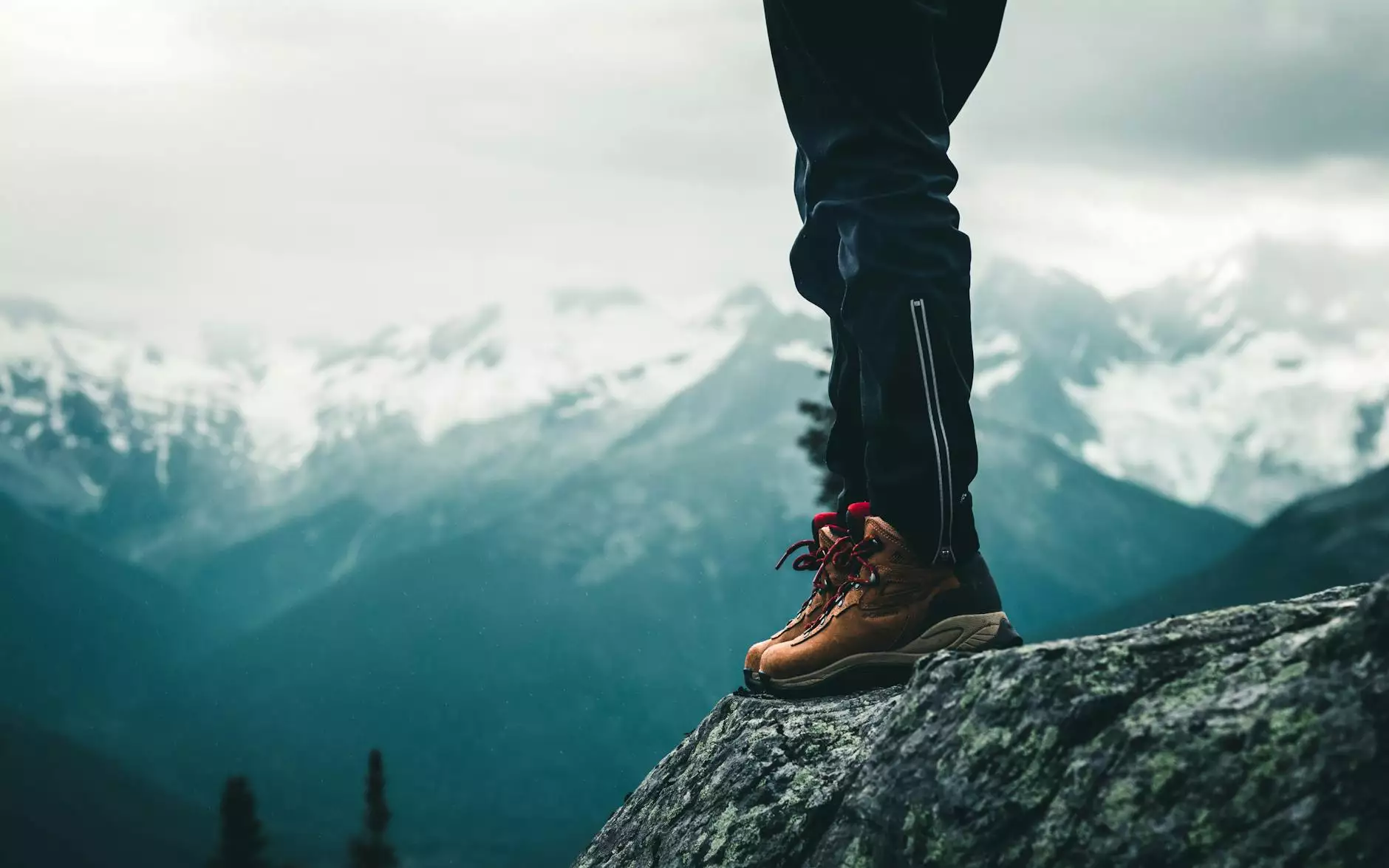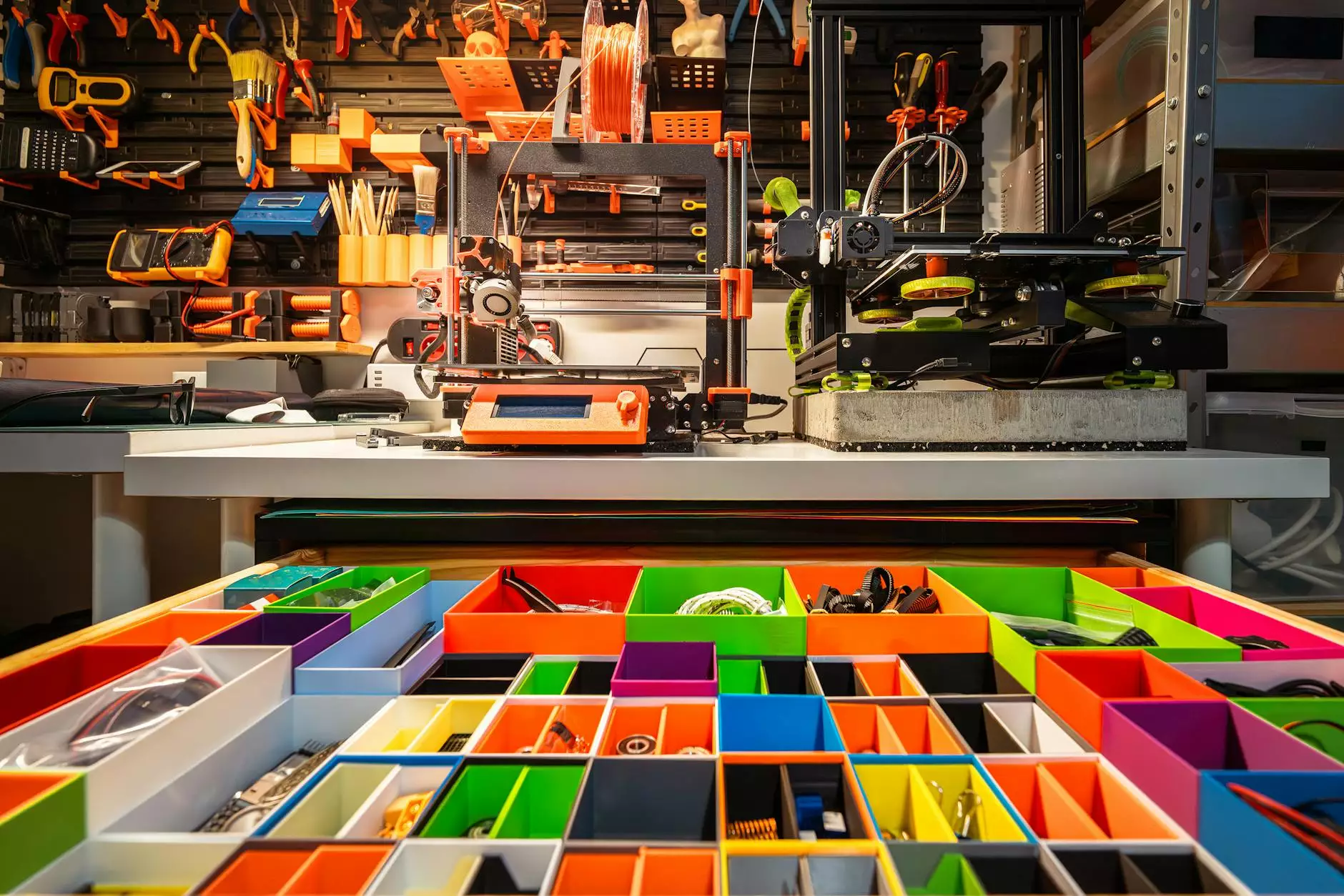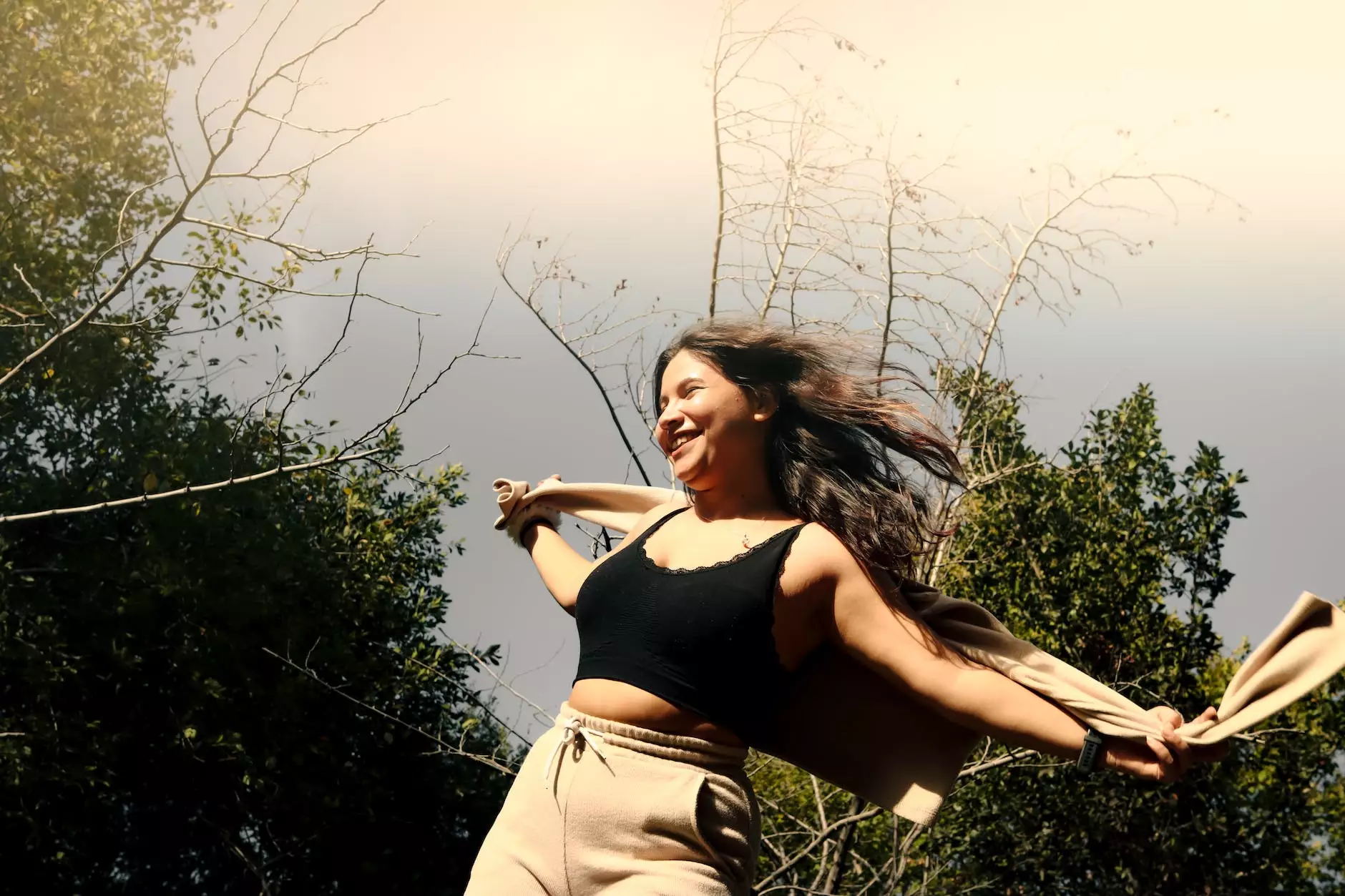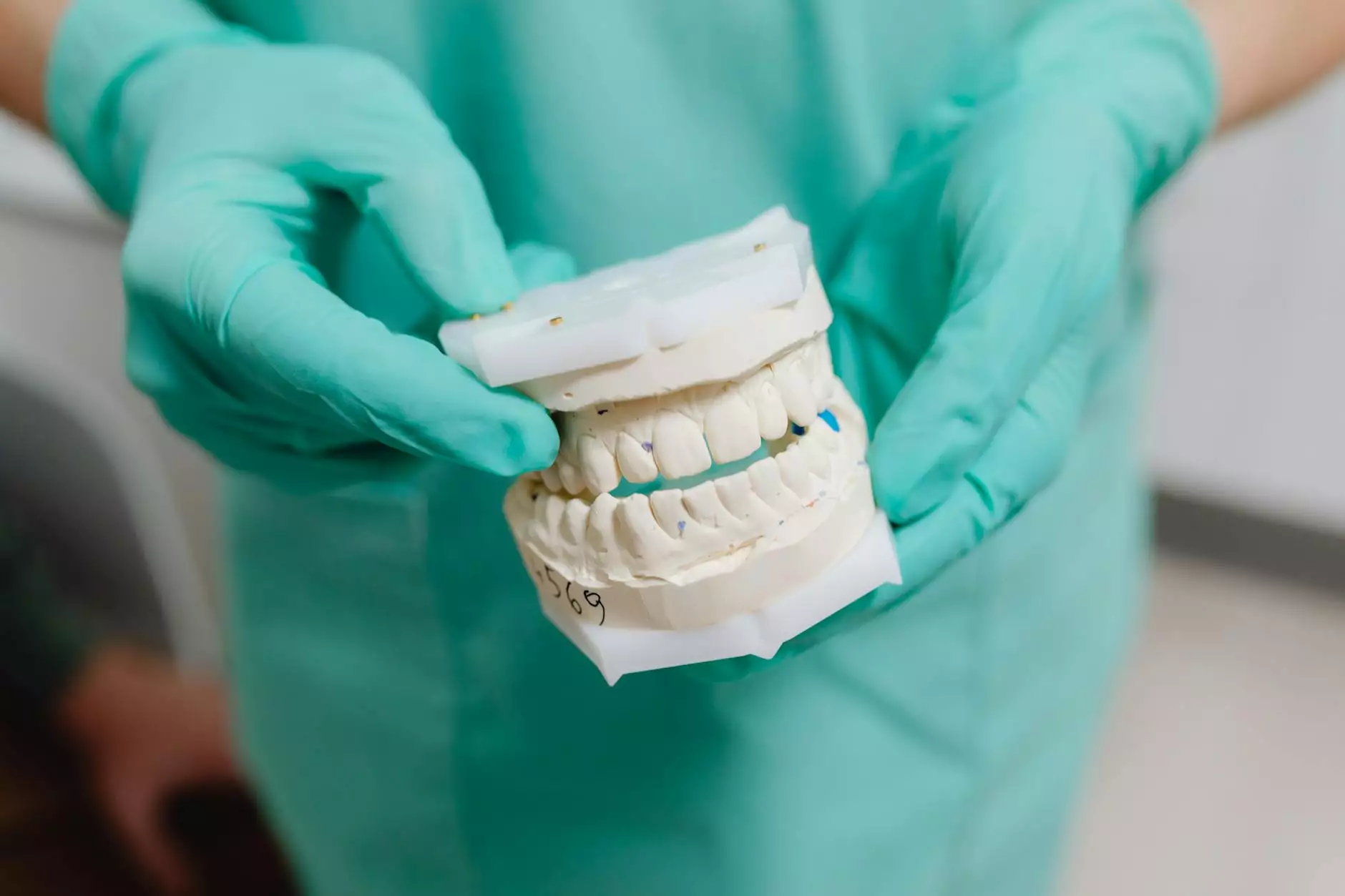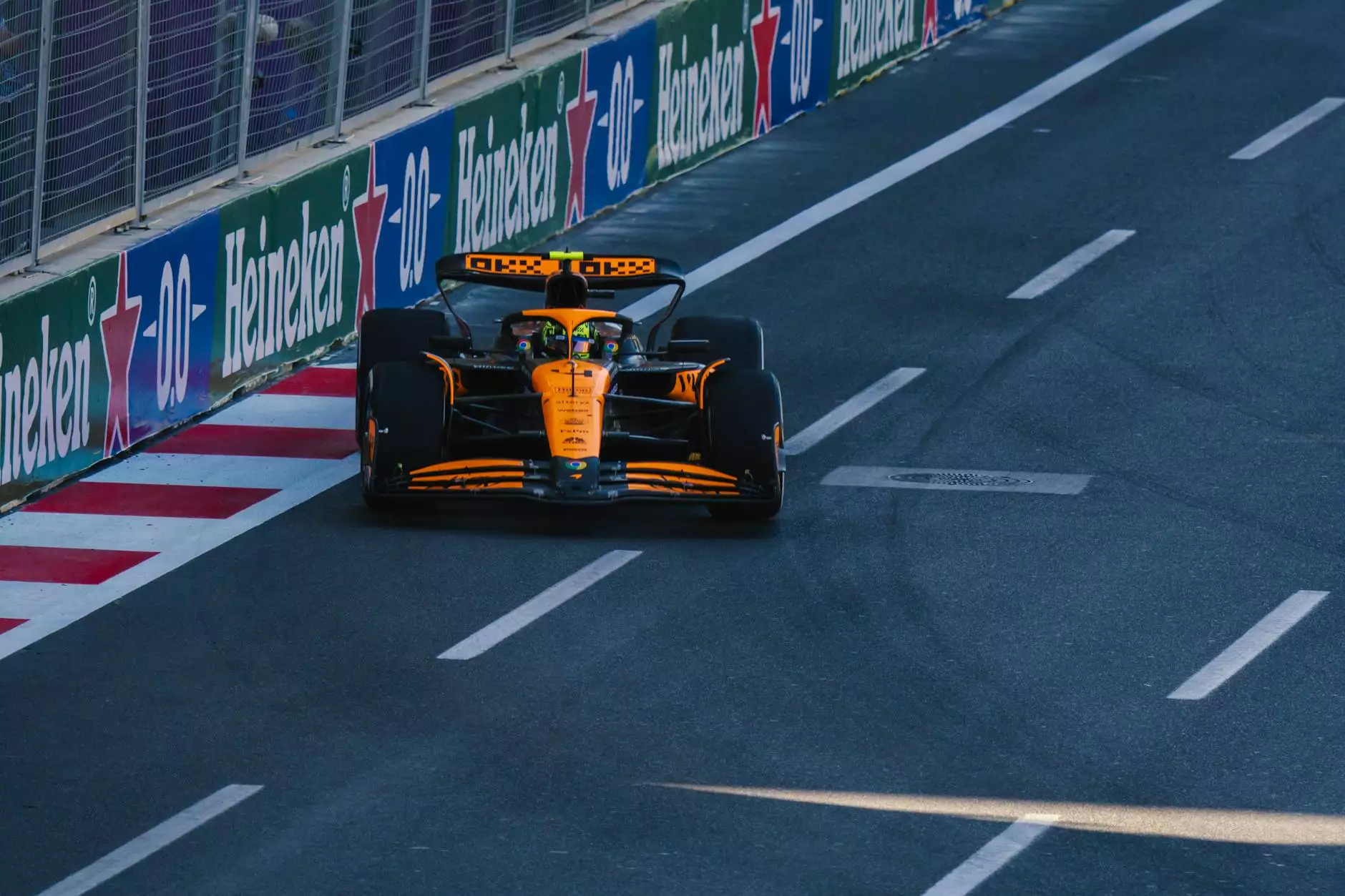Mastering Event Photography: The Essential Equipment Guide
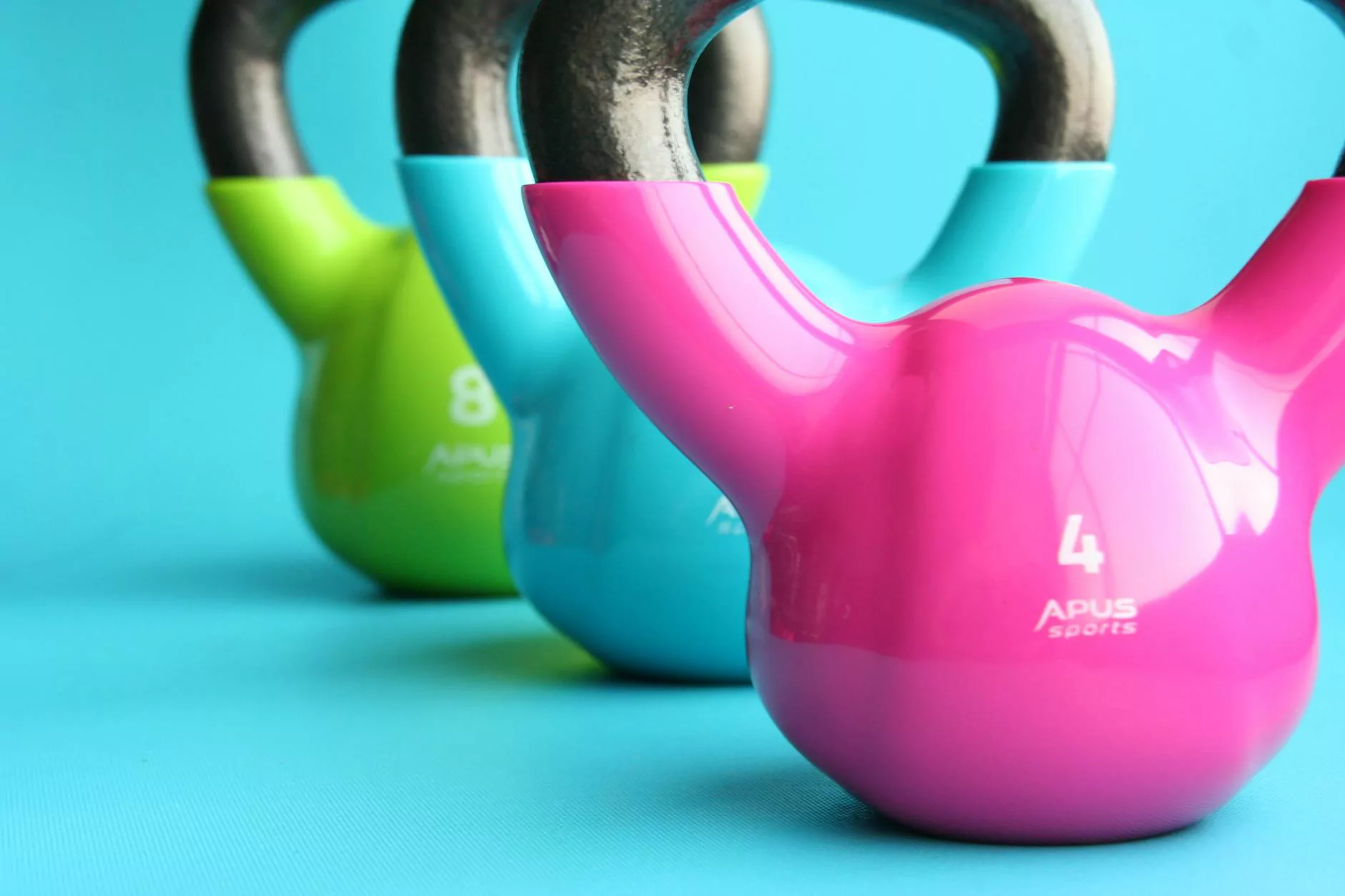
In the world of event photography, having the right equipment can make all the difference between ordinary and breathtaking images. Whether you are a seasoned professional or just starting your journey in capturing precious moments, understanding the critical components of event photography equipment is essential for your success. In this guide, we delve into the ins and outs of the gear you need, tips on how to choose them, and the best practices for using them effectively in dynamic environments.
Understanding the Basics of Event Photography Equipment
Event photography involves capturing special occasions such as weddings, corporate events, parties, and other important gatherings. The right equipment not only helps you capture stunning visuals but also allows you to adapt to different lighting conditions, venues, and subject movements. Here are some fundamental categories of equipment every event photographer should consider:
Cameras
Your choice of camera is perhaps the most crucial decision in your event photography equipment list. The camera you use should be capable of performing well under varying conditions typically found during events. Here are some options to consider:
- DSLR Cameras: Known for their versatility and high image quality, DSLRs are a popular choice among event photographers. Models like the Canon EOS 5D Mark IV or Nikon D850 provide excellent performance in different lighting settings.
- Mirrorless Cameras: Offering similar functionalities in a more compact body, mirrorless cameras such as Sony A7III or Fujifilm X-T4 are gaining traction due to their lightweight design and advanced features.
- Point-and-Shoot Cameras: While not as flexible, high-end point-and-shoot cameras can sometimes fit best for less formal events or if you want to travel light.
Lenses
The choice of lenses is just as important as the camera body. Different scenarios will require different lenses. Here are some essential types:
- Standard Zoom Lens: A 24-70mm lens is ideal for capturing a variety of subjects and situations with great quality.
- Prime Lenses: Lenses with a fixed focal length typically offer better image quality and wider apertures, perfect for low-light conditions.
- Wide-Angle Lenses: Great for capturing expansive scenes, especially in venues with large gatherings.
- Telephoto Lenses: Perfect for capturing candid moments from a distance without being intrusive.
Lighting Equipment: Illuminate Your Best Shots
Lighting is a critical factor that can make or break your event photography. Many events take place in challenging lighting conditions, and having appropriate lighting equipment can help ensure your photographs are vibrant and well-lit. Consider the following:
External Flashes
External flashes provide much greater control over lighting compared to built-in camera flashes. Look for models that allow for bouncing and adjusting the intensity of the light, such as the Canon Speedlite 600EX or the Nikon SB-5000.
Light Modifiers
Using light modifiers such as softboxes, umbrellas, or reflectors can help diffuse harsh lighting, creating soft and flattering illumination. These tools are essential for achieving professional quality photographs, especially in dark venues or during nighttime events.
Accessories that Enhance Your Event Photography
In addition to the primary gear, having various accessories can streamline your workflow and improve the quality of your images:
Tripods and Monopods
Using a tripod or a monopod can provide stability, especially in low-light situations where camera shake can result in blurry images. These tools are particularly indispensable for long exposure shots and group photos.
Camera Bags
A well-designed camera bag is crucial for transporting your gear safely and efficiently. Look for options with customizable compartments to keep your equipment organized and easily accessible.
Extra Batteries and Memory Cards
Never underestimate the importance of carrying extra batteries and memory cards. Events can be unpredictable, and unexpected moments often arise when you least expect them. Ensure you have sufficient power and storage to avoid missing any important shots.
Editing Software: The Final Touch
Once the event is over, your job as a photographer isn't finished. The post-processing stage is just as crucial as the shoot itself. Here are some popular editing software options for photographers:
- Adobe Lightroom: Excellent for organizing and editing photos with powerful editing tools and batch processing capabilities.
- Adobe Photoshop: Offers extensive tools for retouching and enhancing images on a detailed level.
- Capture One: Known for its high-quality image processing and tethering options, which can be particularly useful during events.
Preparing for Your Event: Best Practices
Equipping yourself with the right gear is crucial, but preparation is equally important. Here are some steps to prepare for an event as a photographer:
Scout the Venue
If time permits, visit the venue prior to the event. This allows you to plan your shots, understand the lighting conditions, and discover the best angles for your photos.
Communicate with Clients
Understanding the client’s vision and expectations is essential. Discuss their priorities, key moments they want captured, and any specific requests they may have.
Backup Plan
Always have a backup plan in case of equipment failure. This can include having an extra camera, lens, or light. It's best to be overprepared than to miss out on important shots due to unexpected mishaps.
Conclusion: Investing in Quality Event Photography Equipment
Quality event photography equipment is an investment that pays off by allowing you to capture stunning, memorable images for your clients. By being equipped with the right tools, understanding how to use them effectively, and preparing thoroughly for each event, you can elevate your skills and reputation as an event photographer.
Explore the extensive range of high-quality gear available at Morton Visuals. Whether you’re looking for cameras, lenses, lighting solutions, or accessories, make sure you have the right equipment that can adapt to the event's unique demands. Remember, your goal is not just to take pictures, but to tell a compelling story through your lens. Happy shooting!

